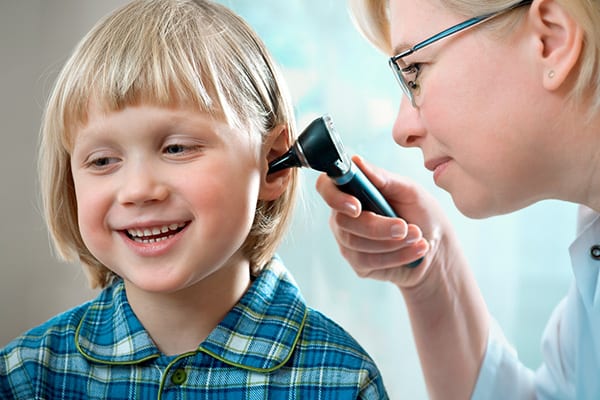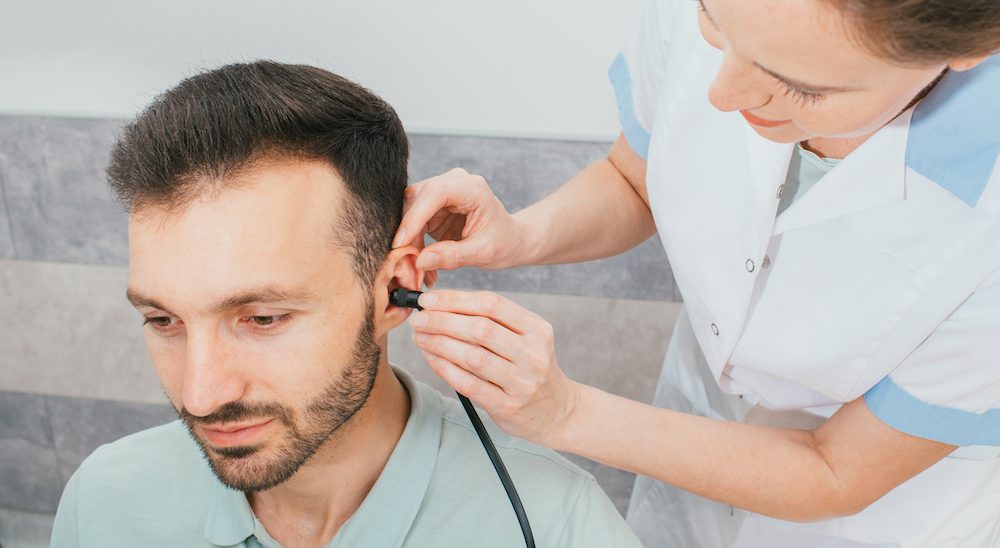How Does Lifestyle Impact Tinnitus?
Tinnitus is something that many individuals can experience in their


Tinnitus is something that many individuals can experience in their

Tinnitus is the ringing, buzzing, or other noise you hear in your ears. It

Today, almost everyone is leading a busy life. This has led to postponing